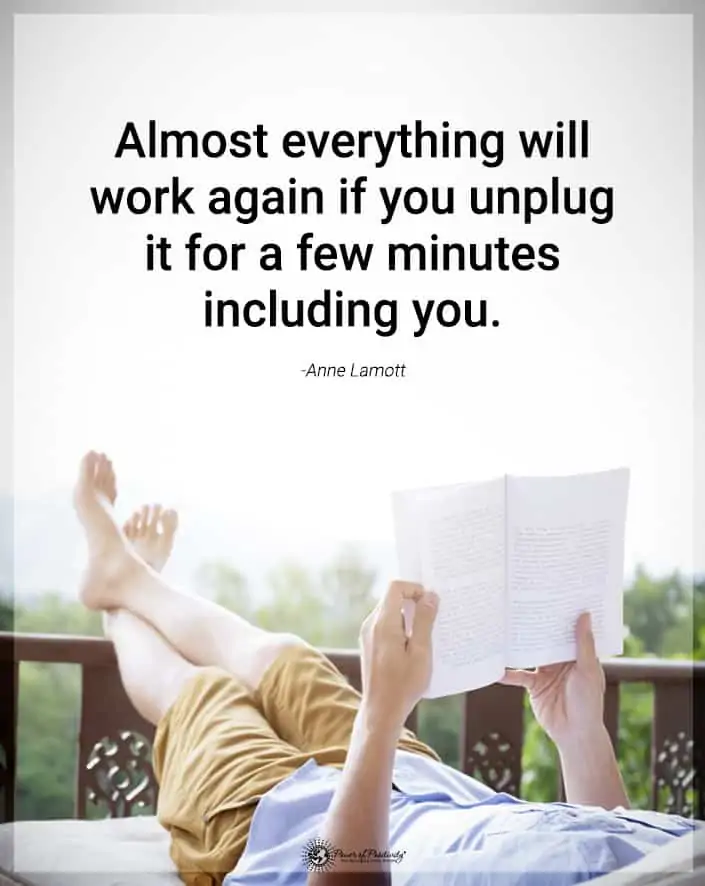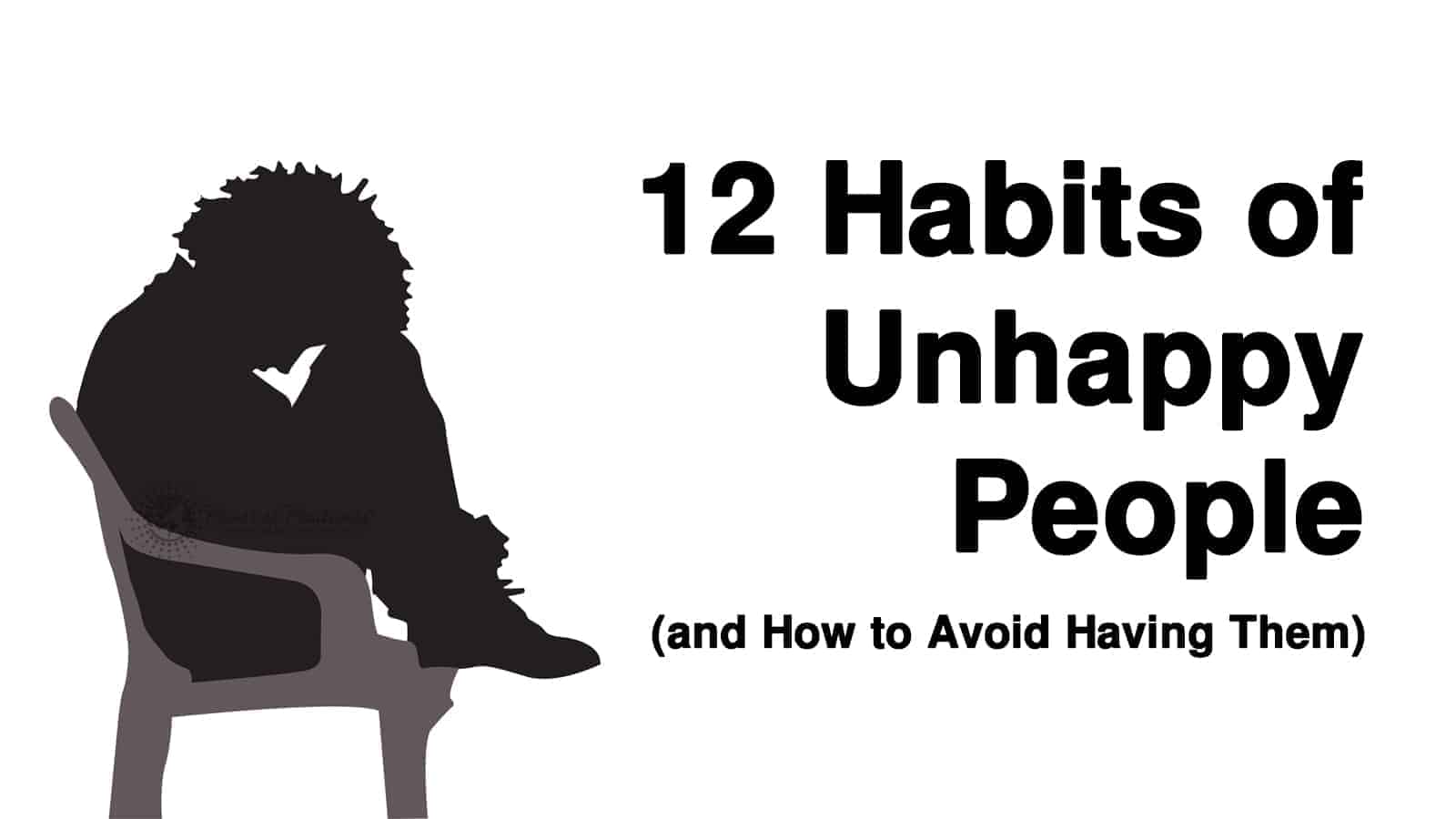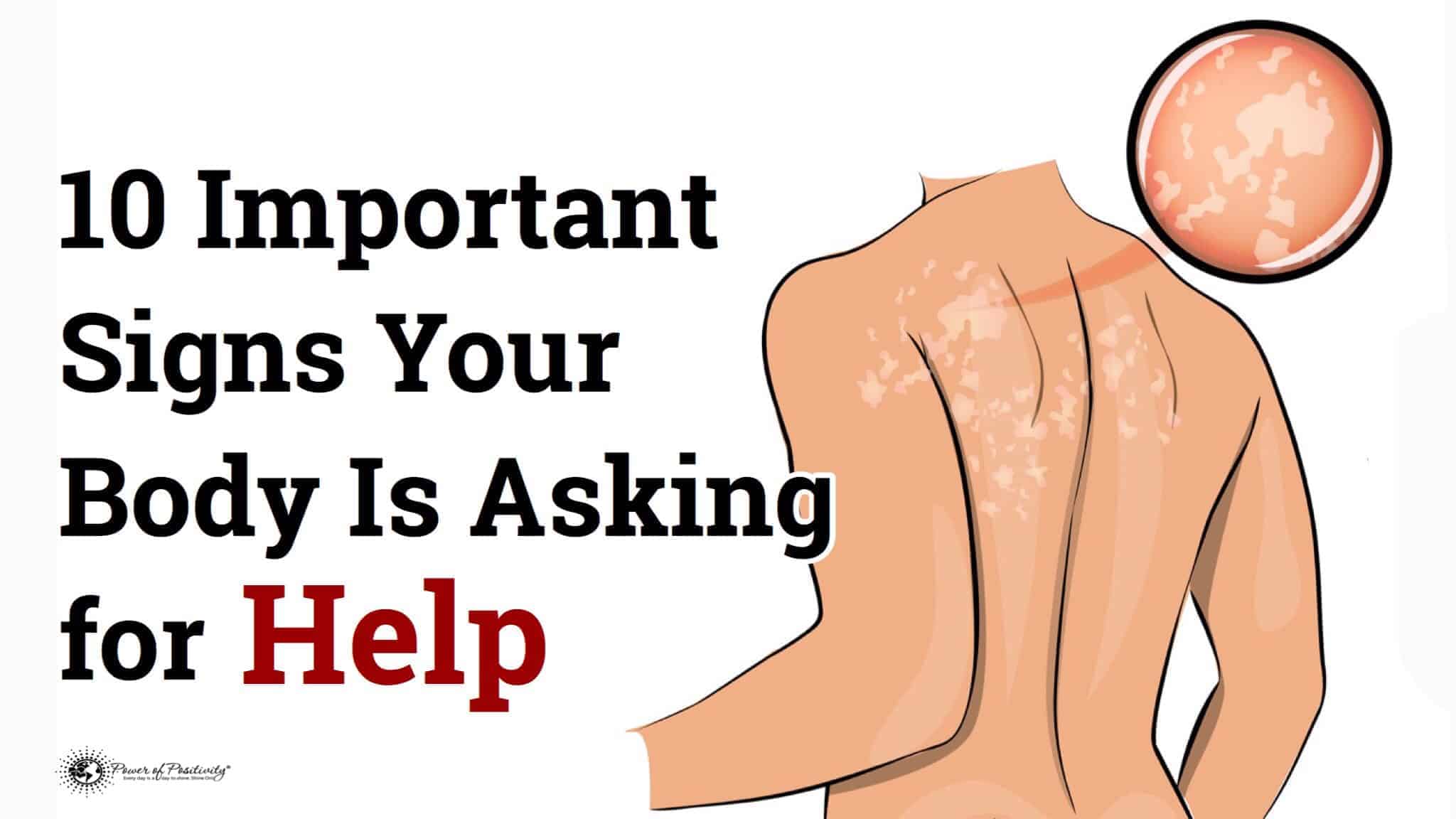Do you think that you’re a lazy person? Many people feel ashamed of their perceived laziness, especially if they also feel stressed out about the things they should be doing. But what if there was a way for laziness to be a good thing?
Yes, that’s right – laziness doesn’t have to be a solely negative trait. In fact, you can use it to your advantage to live a more productive life. Here are seven ways to make laziness work for you.
1. Stop Multitasking
Lots of people believe that multitasking is a true sign of productivity. If you tend to be a little lazy, the pressure to multitask can make you feel like:
- It would help if you did a lot at once to be a hard worker
- If you want to get things done quickly, multitasking is your best option
- It’s a sign of an intelligent and hard worker if someone multitasks
But as it turns out, all of those beliefs are entirely false! Studies have shown that the act of multitasking is terrible for actual productivity. The human brain isn’t designed to do more than one thing at a time!

-
Why Multi-tasking Does Not Work
Trying to insist on multitasking as a way to manage or ignore laziness can cause problems such as:
- Forcing yourself to change tasks multiple times as you multitask, making your brain have to work extra hard to adapt constantly
- Lowering your IQ for an average of up to 10 points
- Damaging your productivity because it takes you a lot more time to switch between tasks, reducing your productivity by 40%
- Tiring you out due to the constant task switching
In other words, don’t fall prey to the idea that multitasking is a good thing! Do one thing at a time, take breaks between tasks, and don’t fill your plate with too much at once. The lazy parts of you will rejoice, and it’s positive for your productivity, anyway.
2. Don’t Use To-Do Lists
Many people recommend the use of to-do lists to improve organization and task management, and prioritization. But if you’re lazy, preparing a to-do list is just another item you have to get done, creating a bit of a to-do paradox!
The fact is that to-do lists aren’t always helpful. They’re suitable for getting your ducks in a row or for those who struggle to remember or conceptualize tasks. But for the most part, you don’t need them. Here are some reasons to-do lists could be unhelpful:
-
Not Enough Context
A to-do list is nothing more than that: a list. Those words arranged in neat minor bullet points don’t tell you anything useful about them, such as the length of time they’d take, what time of day is best to do them, if you’re relying on other people for any of them, and how much time you can spend on them per day (if applicable). Without that context, to-do lists can be downright unhelpful, and if you were to write that context, you’d be wasting valuable time!
-
Too Many Options
A long to-do list presents you with many options for what you need to do or get done. According to research, the human brain isn’t capable of adequately processing more than seven different choices. The overwhelming amount of options can end up making you feel anxious or even unable to make a decision at all, which ultimately means you’ll spend more time deciding what to get done on a to-do list than actually doing anything. If you must make a to-do list, keep it short.
-
Checking Off Things Is More Motivation Than Doing Things
Doesn’t it feel great when you finally get to check something off of your to-do list? Well, unfortunately, that great feeling comes with a pretty big drawback. Your brain will want to do the faster tasks first to check them off for the positive hormone dopamine hit. Meanwhile, big jobs that need to get done will be left off to the side.
-
No Real Motivation
A to-do list is a piece of paper or a page on some software or an app. It doesn’t hold you to anything you’ve written down. You can feel good about writing the to-do list and proceed to ignore it and still feel like you’ve done something productive because you made a list. This completely defeats the purpose of having that list at all!
What does this all mean? Well, if you’re too lazy for to-do lists, don’t bother writing them at all. You’ll save time and energy while improving positive thinking.
3. Motivate Yourself With The Drive To Relax
Do you love lying around and doing nothing? Well, wouldn’t it be great if you could do that completely guilt-free? If you’re heavily motivated by the desire to kick back and thoroughly, you can use that as a driving force.
People often like to make statements that hard work is its reward, but of course, that isn’t always true or the case for those with different motivations. Sometimes, the goal of a day of productivity is to achieve free time. In other words, it’s valid to be productive simply because you’re looking forward to getting to relax and do whatever you want, stress-free.
So if you find yourself to be so lazy that you want to nap, watch a show, read something, play video games, or do something else not typically considered productive, use that to motivate you. Do you want to relax? Well, then you have to get everything you need to do done and out of the way!
 4. Let Go Of Perfectionism
4. Let Go Of Perfectionism
Perfectionism is sometimes projected as being very important for hard work, but the truth is that this trait can be harmful. In these modern times, perfectionism is more and more enforced, and they’re beginning to harm people’s psyches and positive thinking.
No human being is capable of doing something in a “perfect” way. Studies have even found that perfectionism links to the following outcomes:
- High criticism of the self, to an unfair extent
- High criticism of others, damaging relationships
- Worsened symptoms of anxiety and depression
- Avoidant coping, where you refuse to get things done until everything is perfect
- Higher stress due to unrealistic expectations
The laziness that makes you disinterested in perfectionism is an instinct you should follow! Let go of perfectionism and focus on just getting things done, even if they’re not done to the absolute highest standard possible.
5. Daydream Often
Daydreaming is the best friend of a lazy person, and it’s something a lot of people think is a sign of an idle or poor worker. But that’s far from the truth! Daydreaming is an excellent tool for productivity, and studies even show that it’s good for things like:
- Planning ahead
- Solving problems
- Thoughts driven by goals
- Creativity
- Comfort
- Mindfulness
- Energy levels
So go ahead and be lazy and daydream as much as you want between moments of work! Scheduling daydreaming breaks during the day may even be a good thing to try doing if you’re struggling to stay on track with tasks when you daydream.
6. Do Smart Procrastination
Procrastination is usually a bad thing, as it means all the things you have to do pile up over time until they’re overwhelming, and when you finally get them done, you do a poor job because you’re in a hurry. But what about a more positive form of procrastination? What about intelligent procrastination?
The act of smart procrastination involves systematically deciding to put off certain non-urgent things to get time to think them over, see how they play out first, or wait for them to resolve themselves without your help efficiently. You can use this by:
- Delaying significant decision-making that isn’t urgent so you can think about it with a clear head.
- Not reacting immediately to the emergence of stressful problems, and you may find a few days later that they are either no longer a problem or never really were, to begin with.
- Pausing in emotional times before acting, reacting, or making decisions.
- Sitting in silence sometimes and let other people take the lead instead of jumping to grab the reins each time.
- Learning to determine what is truly urgent and what isn’t critical and do those tasks accordingly.
Of course, you should be cautious when exercising smart procrastination. It should not be used as a tool for avoiding critical issues, nor should it be a tool for refusing to accept the responsibility that is yours. The goal of intelligent procrastination is to make you more productive by helping your laziness to determine what you genuinely can be lazy about!
7. Ask Others For Help
Many people have the mistaken idea that asking for help indicates weakness or a lack of capability, but that couldn’t be further from the truth. Human beings are social creatures! They’re meant to work together, cooperate, and help each other out. As such, what is viewed today as “laziness” isn’t necessarily genuinely being lazy – sometimes, you need some help.
While you shouldn’t delegate all your responsibilities to others, there is no shame in knowing when and how to request help when you’re struggling with tasks. Do you worry that the people around you will resent you? Well, studies have found that you are more likely to be viewed positively if you do ask for help. On top of that, research indicates that asking for help can:
- Increase productivity
- Make you more satisfied in your tasks
- Increase job performance
- Help you connect with others
- Boosts your success chances
Ask others for help, even if you think it might seem a little lazy at first. There is absolutely no shame in doing so when you need it!
 Final Thoughts On Some Ways To Make Laziness Work For You
Final Thoughts On Some Ways To Make Laziness Work For You
Laziness doesn’t have to be a bad trait! You can learn to use it to your advantage. It’s pretty powerful to take steps towards improving your productivity and working life while accommodating your laziness. Give it a try and see how it goes, and you won’t be feeling bad about your laziness anymore!

















